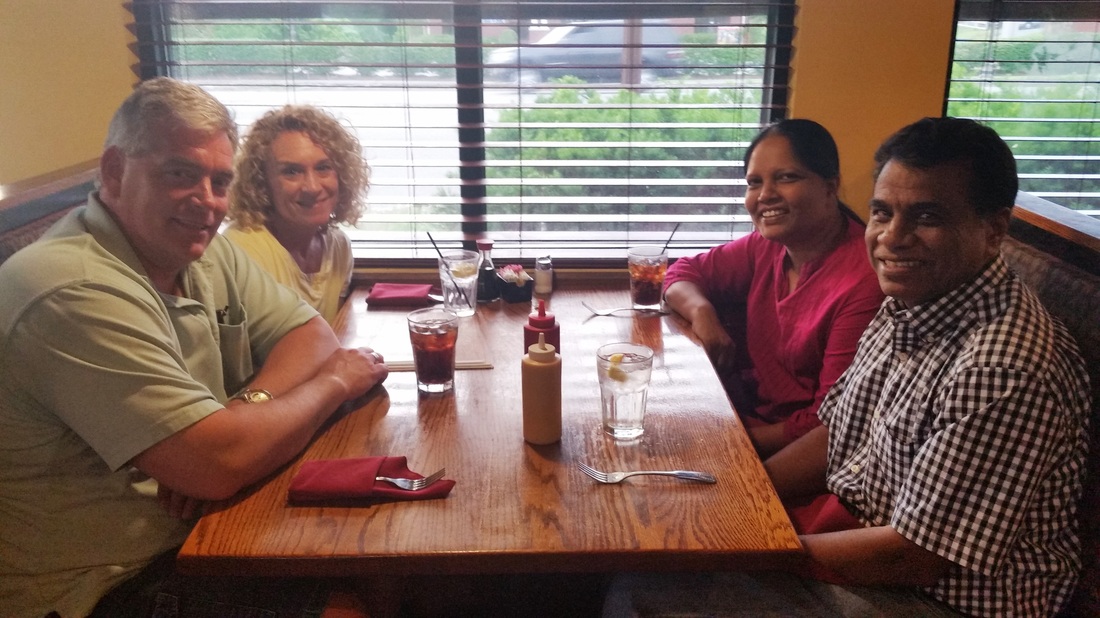her.
As Independence Day approaches this year, it strikes me that Washington once again resounds with a multitude of scandals. Some of these are big and some are small; but their cumulative weight is enough to again cause many to lose heart.
For this reason, I thought I would post the lyrics to Cash’s song this day - perhaps as a way of offering reassurance to those who are a bit discouraged by the present state of affairs and/or the current direction of our country.
"RAGGED OLD FLAG"
I walked through a county courthouse square,
On a park bench, an old man was sittin' there.
I said, "Your old court house is kinda run down."
He said, "Naw, it'll do for our little town."
I said, "Your old flag pole is leaned a little bit,
And that's a ragged old flag you got hangin' on it."
He said, "Have a seat", and I sat down,
"Is this the first time you've been to our little town?"
I said, "I think it is."
He said "I don't like to brag,
but we're kinda proud of
That Ragged Old Flag.
"You see, we got a little hole in that flag there,
When Washington took it across the Delaware.
and it got powder burned the night Francis Scott Key
sat watching it, writing ‘Say Can You See’.
"It got a rip in New Orleans,
with Packenham and Jackson tugging at its seams.
And it almost fell at the Alamo
beside the Texas flag, but she waved on though.
"She got cut with a sword at Chancellorsville,
And she got cut again at Shiloh Hill.
There was Robert E. Lee and Beauregard and Bragg,
And the south wind blew hard on
That Ragged Old Flag.
"On Flanders Field in World War I,
She got a big hole from a Bertha Gun,
She turned blood red in World War II
She hung limp, and low, a time or two,
"She was in Korea, Vietnam;
she went where she was sent
by her Uncle Sam.
"She waved from our ships upon the briny foam
and now they've about quit wavin' back here at home
in her own good land here she's been abused,
She's been burned, dishonored, denied an' refused.
"And the government for which she stands
Has been scandalized throughout the land.
And she's getting thread bare, and she's wearin' thin,
But she's in good shape, for the shape she's in.
"Cause she's been through the fire before
and I believe she can take a whole lot more.
"So we raise her up every morning
And we bring her down slow every night,
We don't let her touch the ground,
And we fold her up right.
"On second thought,
I *do* like to brag,
Cause I'm mighty proud of
That Ragged Old Flag."
Johnny Cash was right. America got beyond the difficult days of the 1970's and soon regained her sense of worth once again. And we today still have a right to be proud of that ragged old flag, and of all she represents! No, America is not a perfect country. Yes, even today, she has her share of shortcomings. But, in spite of all of this, she is still the single greatest country in the history of the world. And we are all very blessed to be a part of her!
As Denish D'souza, himself an immigrant to America from India, points out in his books, What’s So Great About America? and America: Imagine A World Without Her...
“For over two hundred years, America has been a shining city on the hill: a symbol of freedom and opportunity for the rest of the world, an inspiration for those living in abject poverty or under oppressive regimes, a refuge and a home, a grand experiment in freedom, a prosperous land of opportunity, a force for good in times of evil, and a force for order in times of chaos.”
Never forget these things. And never, ever let anyone make you feel ashamed of this great country that we call the United States of America!
SOURCES:
The lyrics are available at:
http://www.azlyrics.com/lyrics/johnnycash/raggedoldflag.html.
Johnny Cash’s audio rendition can be heard at:
https://www.youtube.com/watch?v=a6vwXbQZvJo&feature=kp.
Denish D'souza’s website is:
http://www.dineshdsouza.com/books/.
